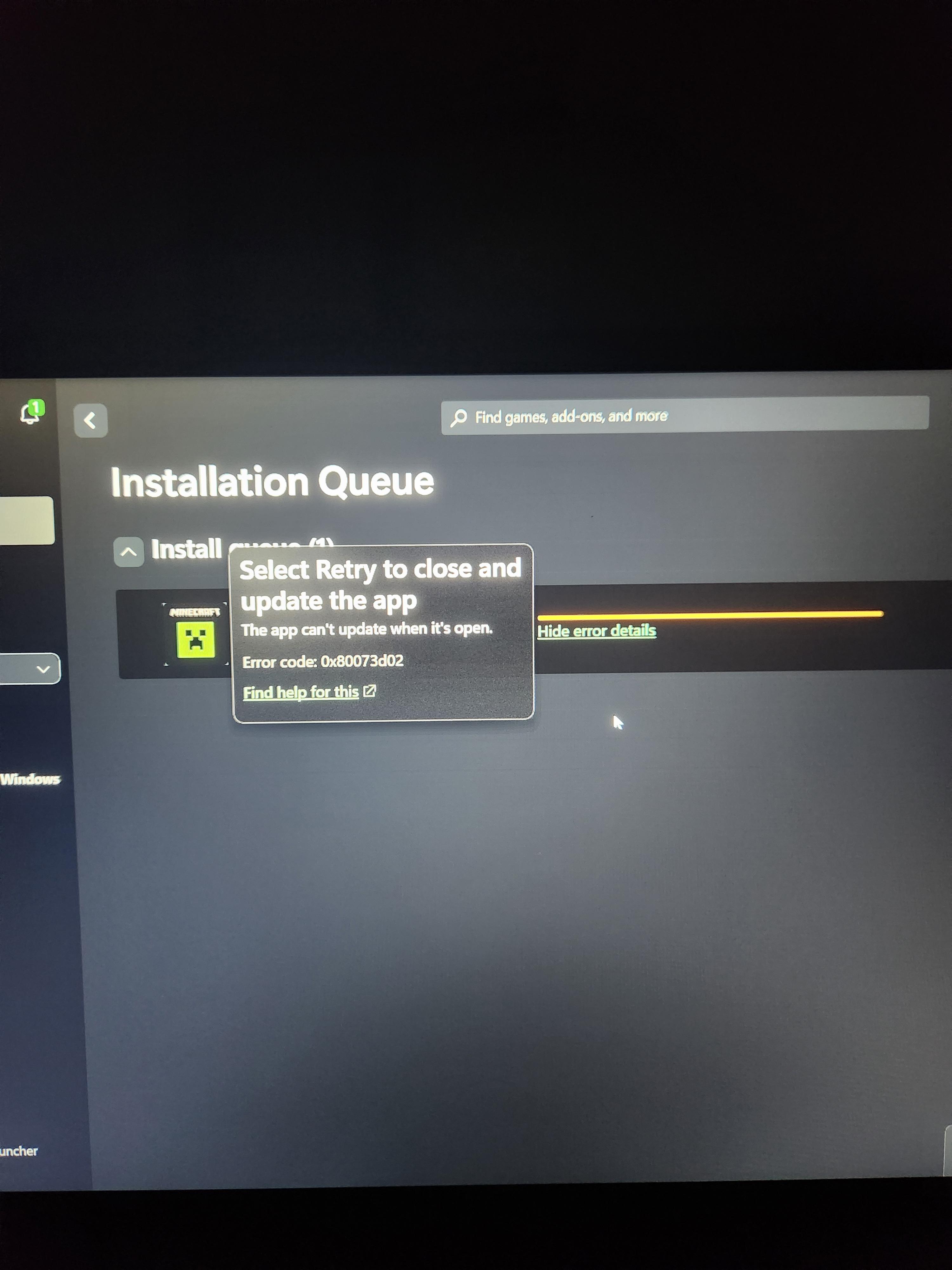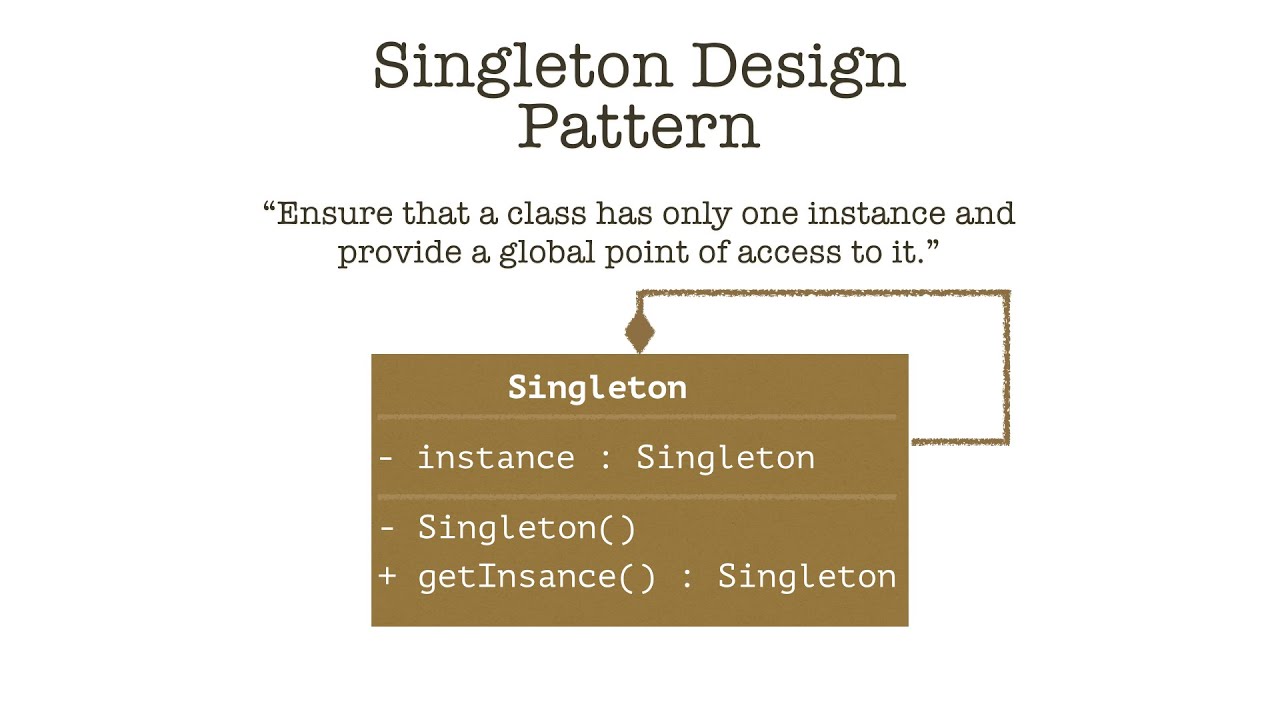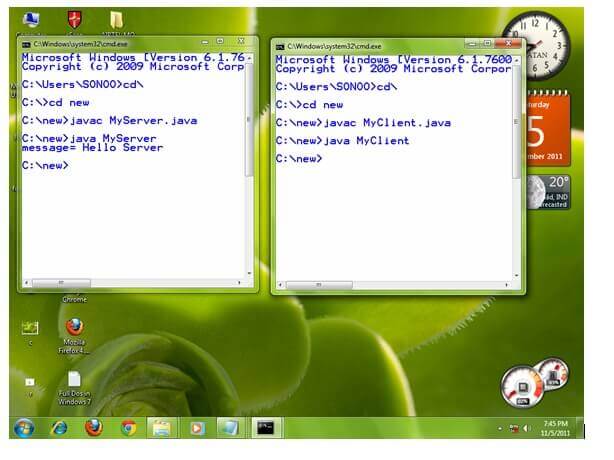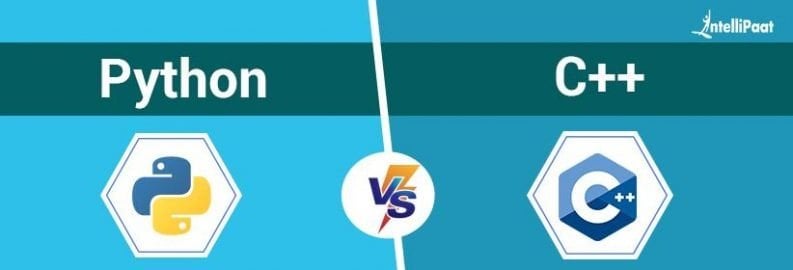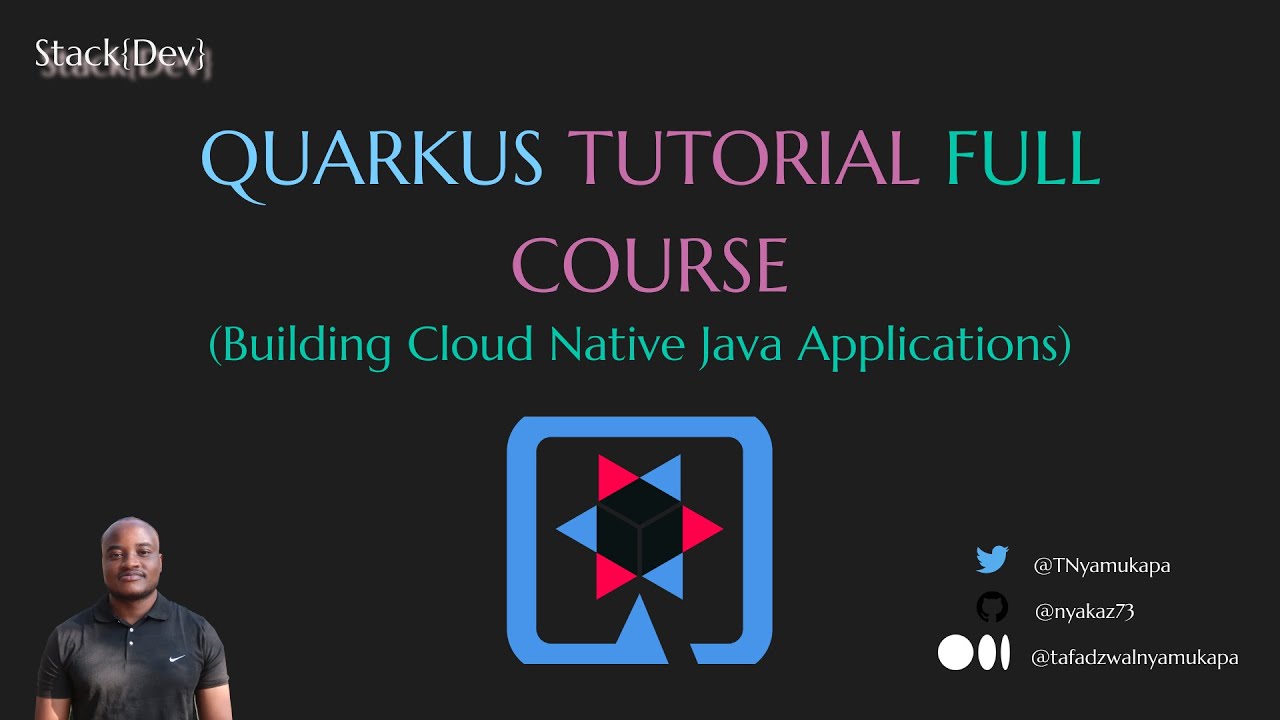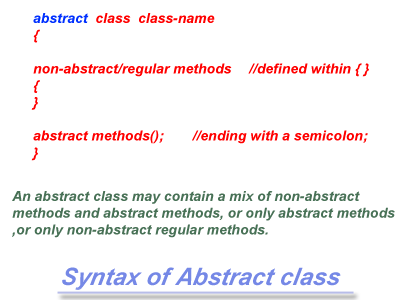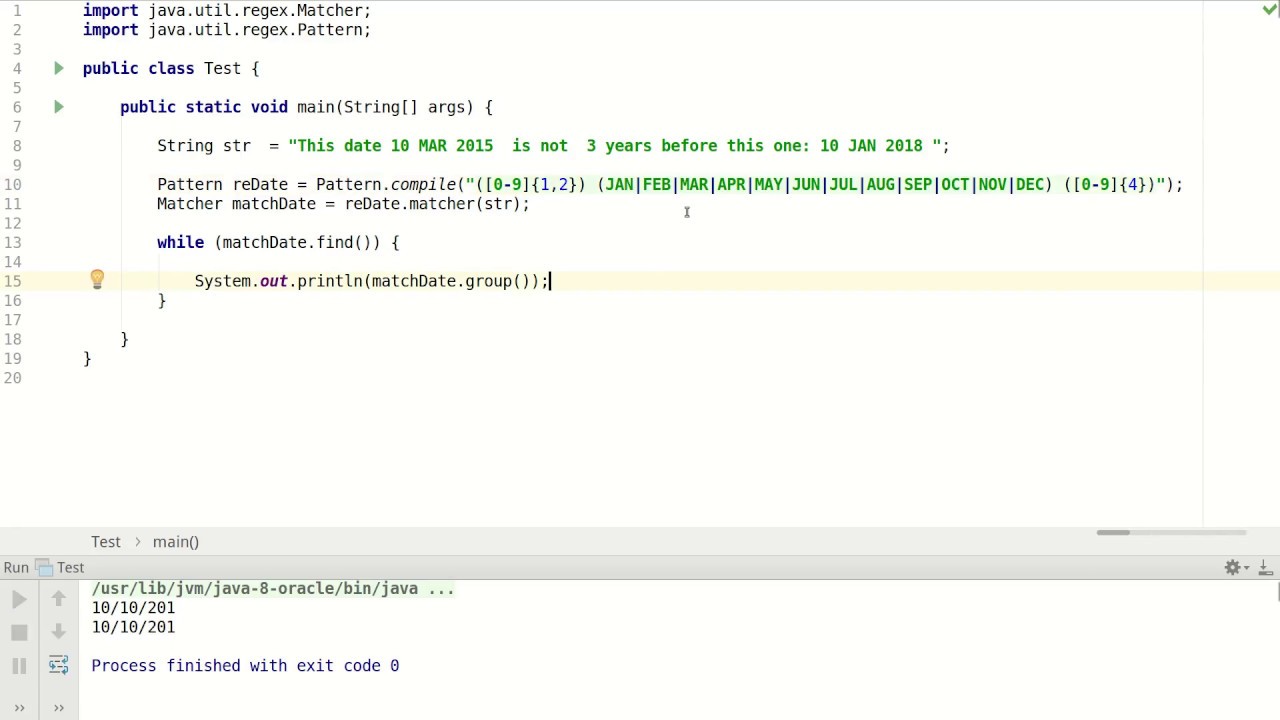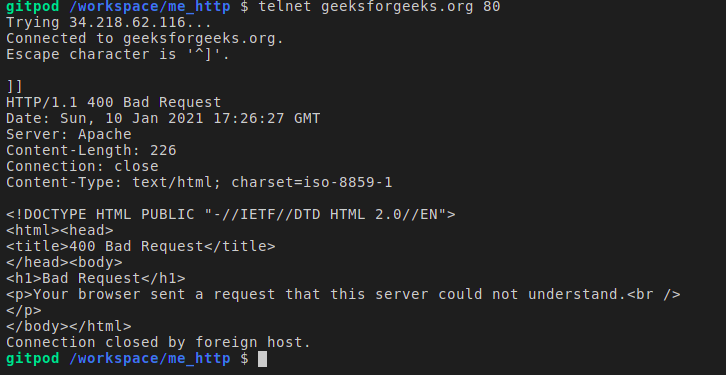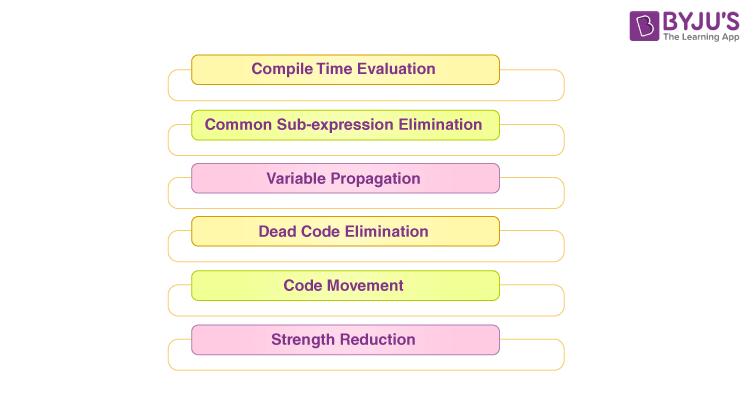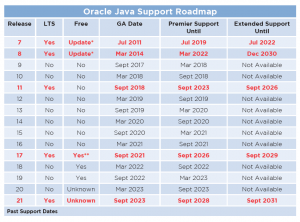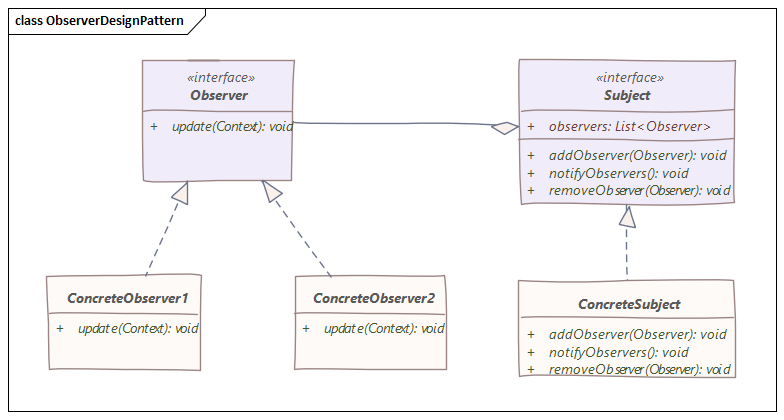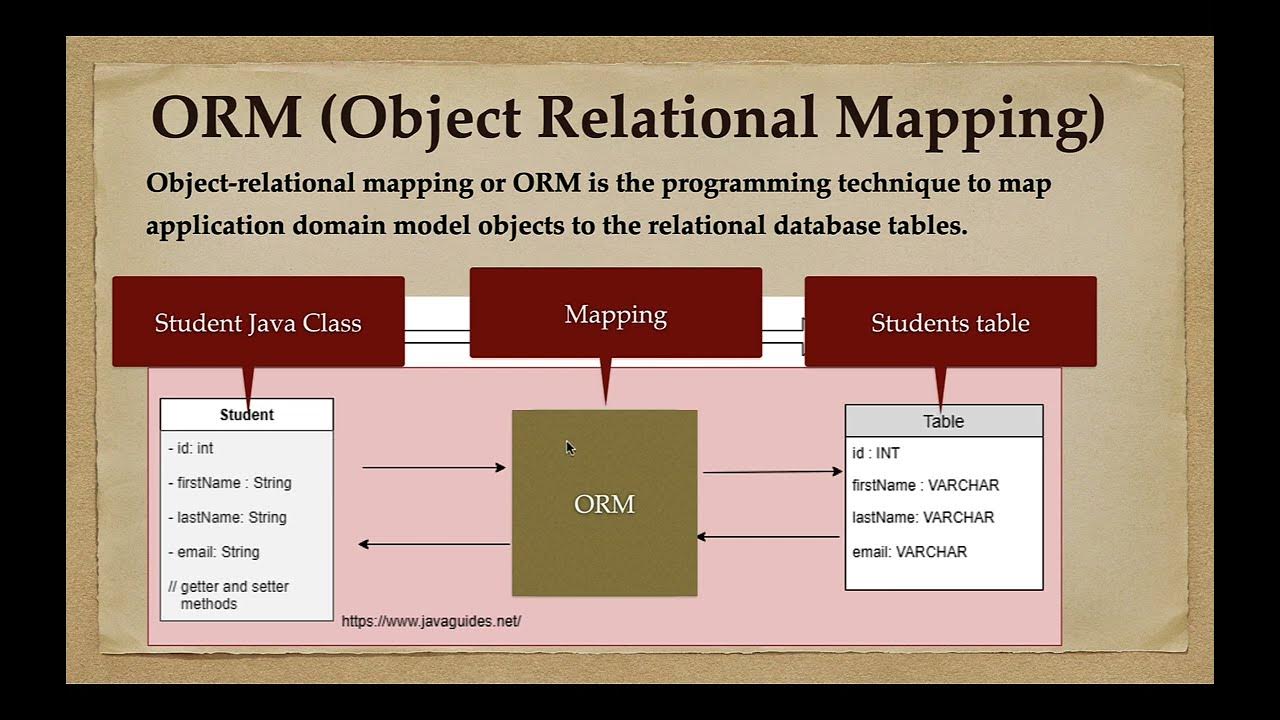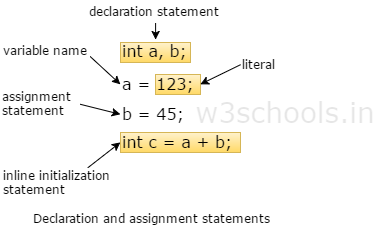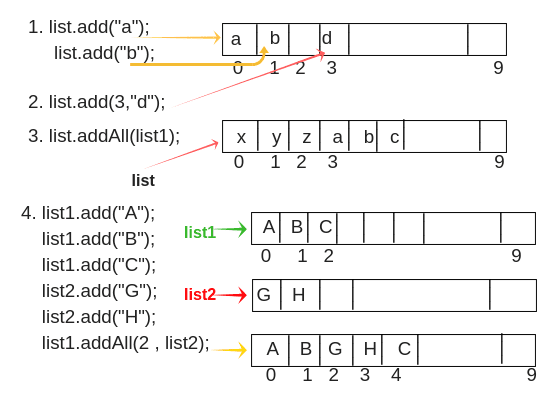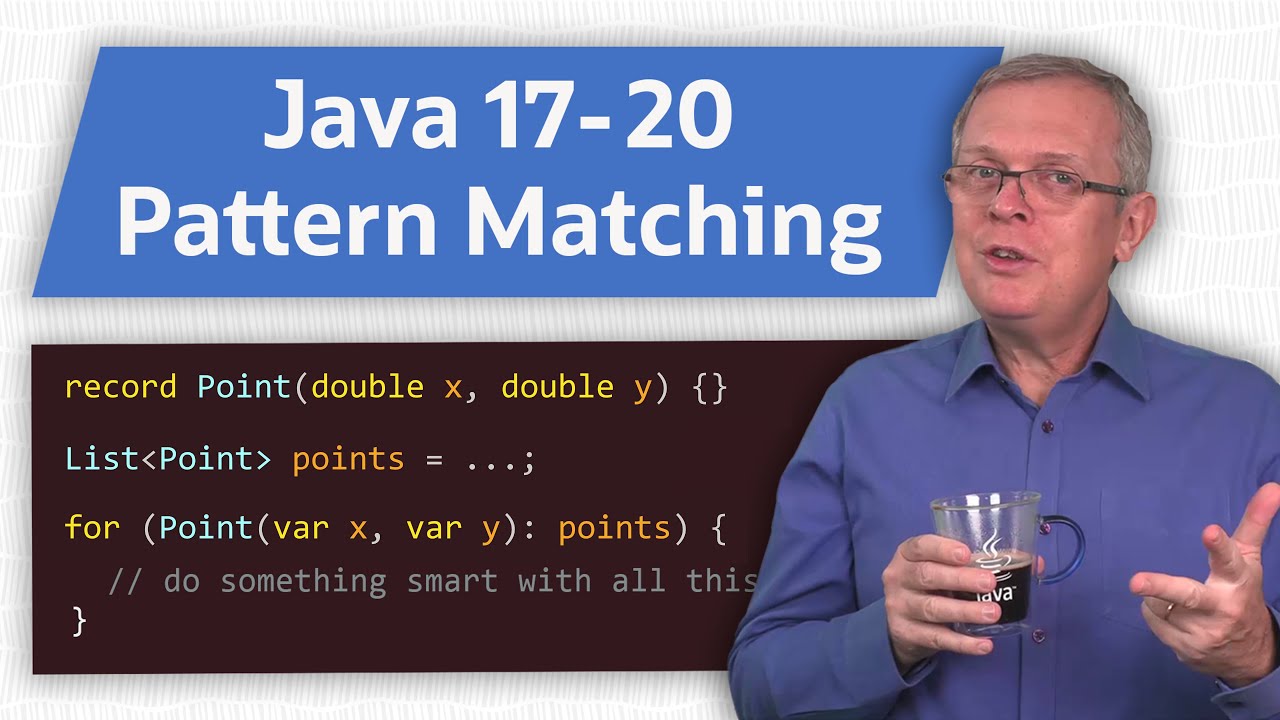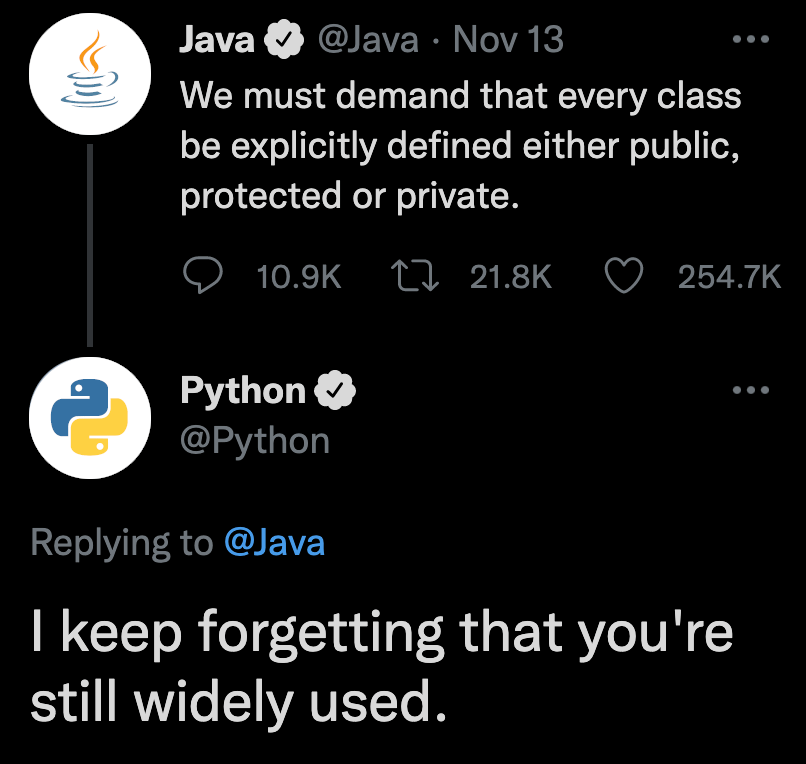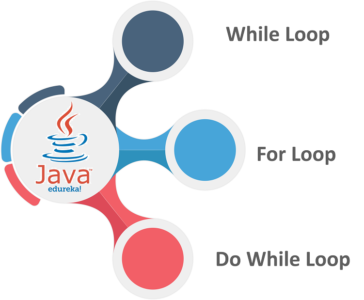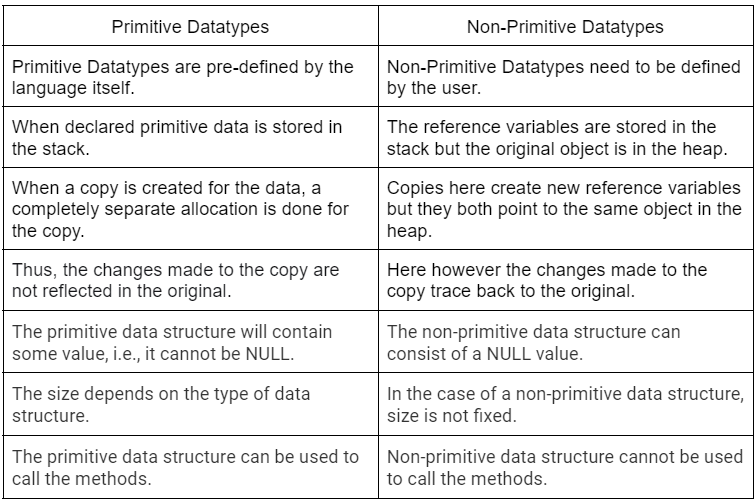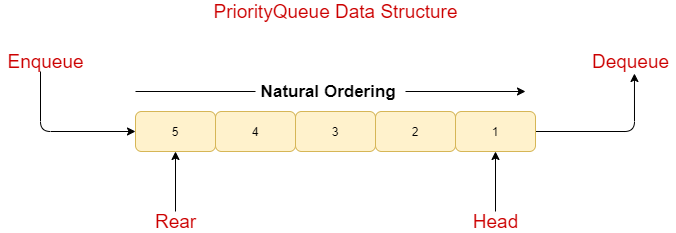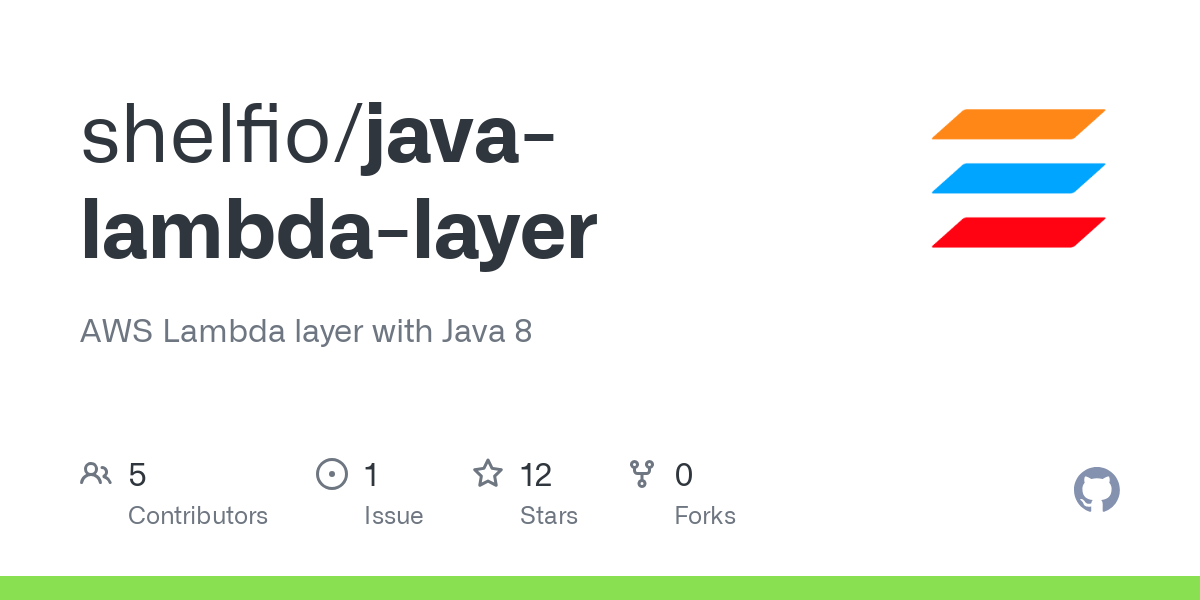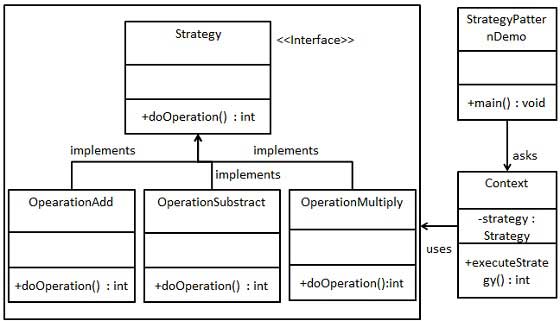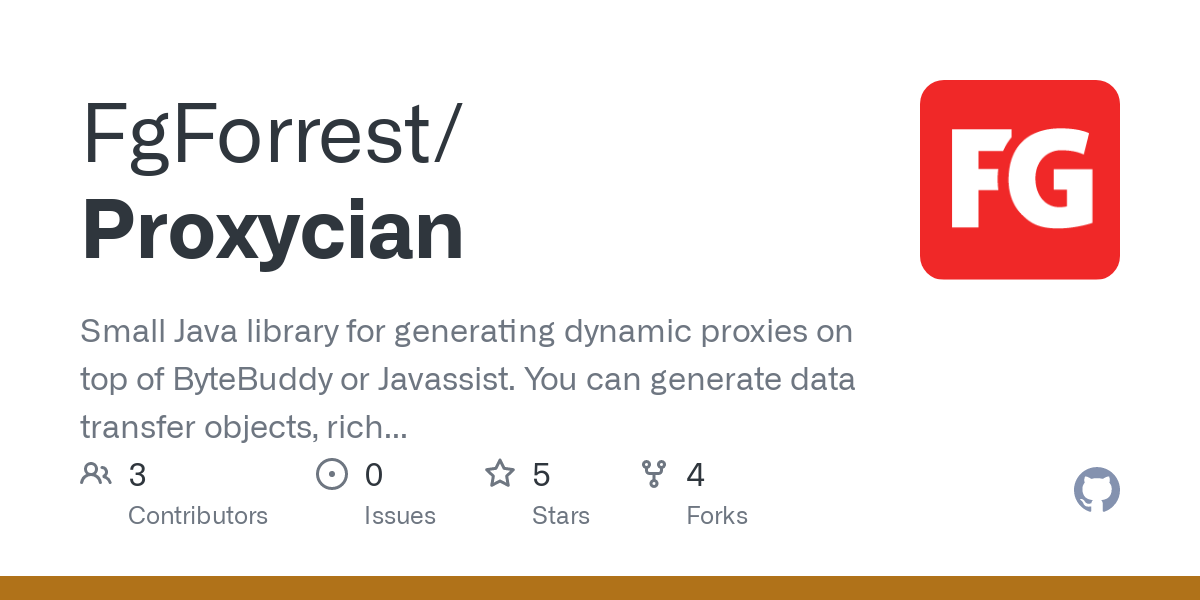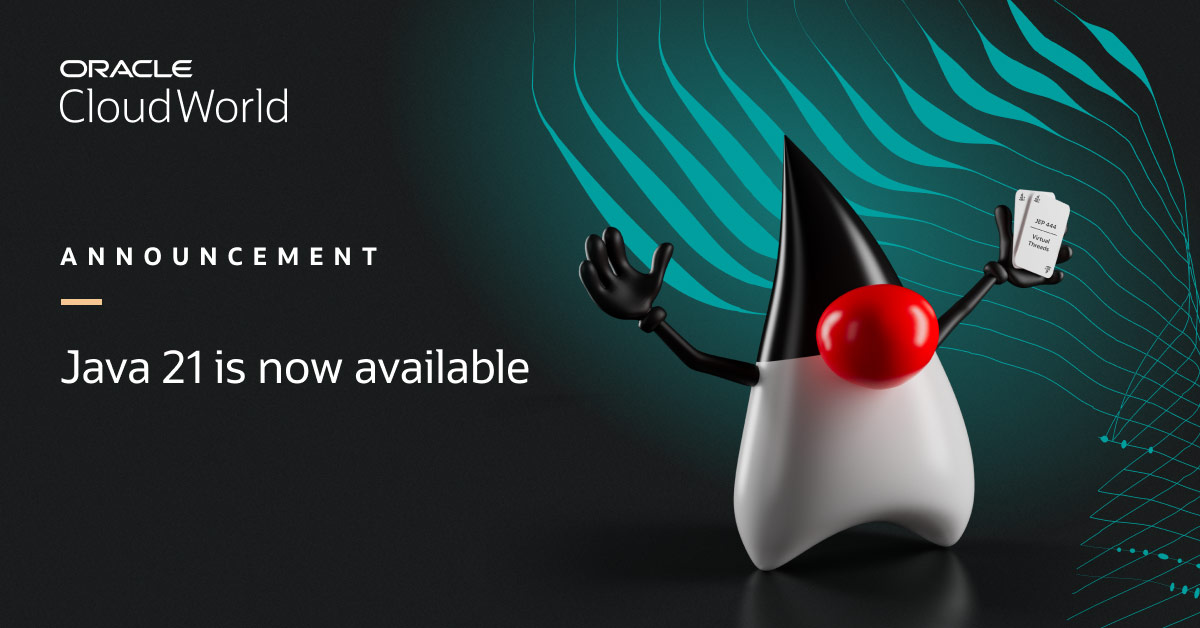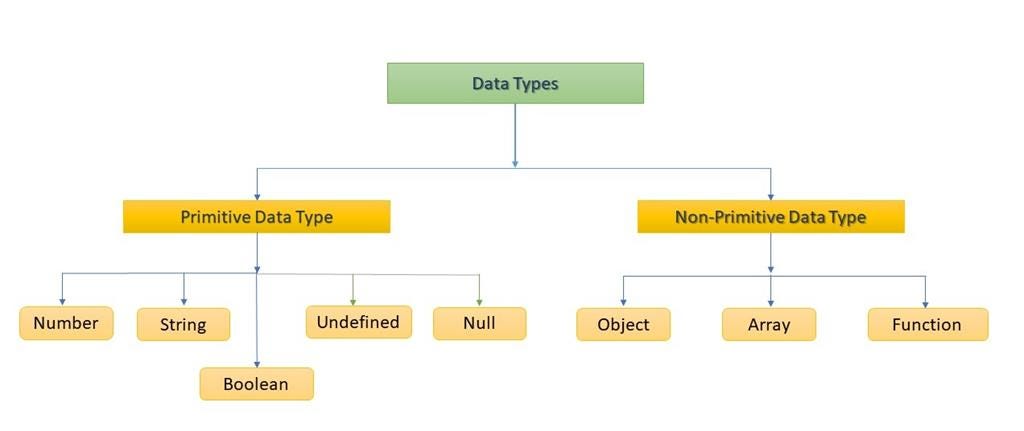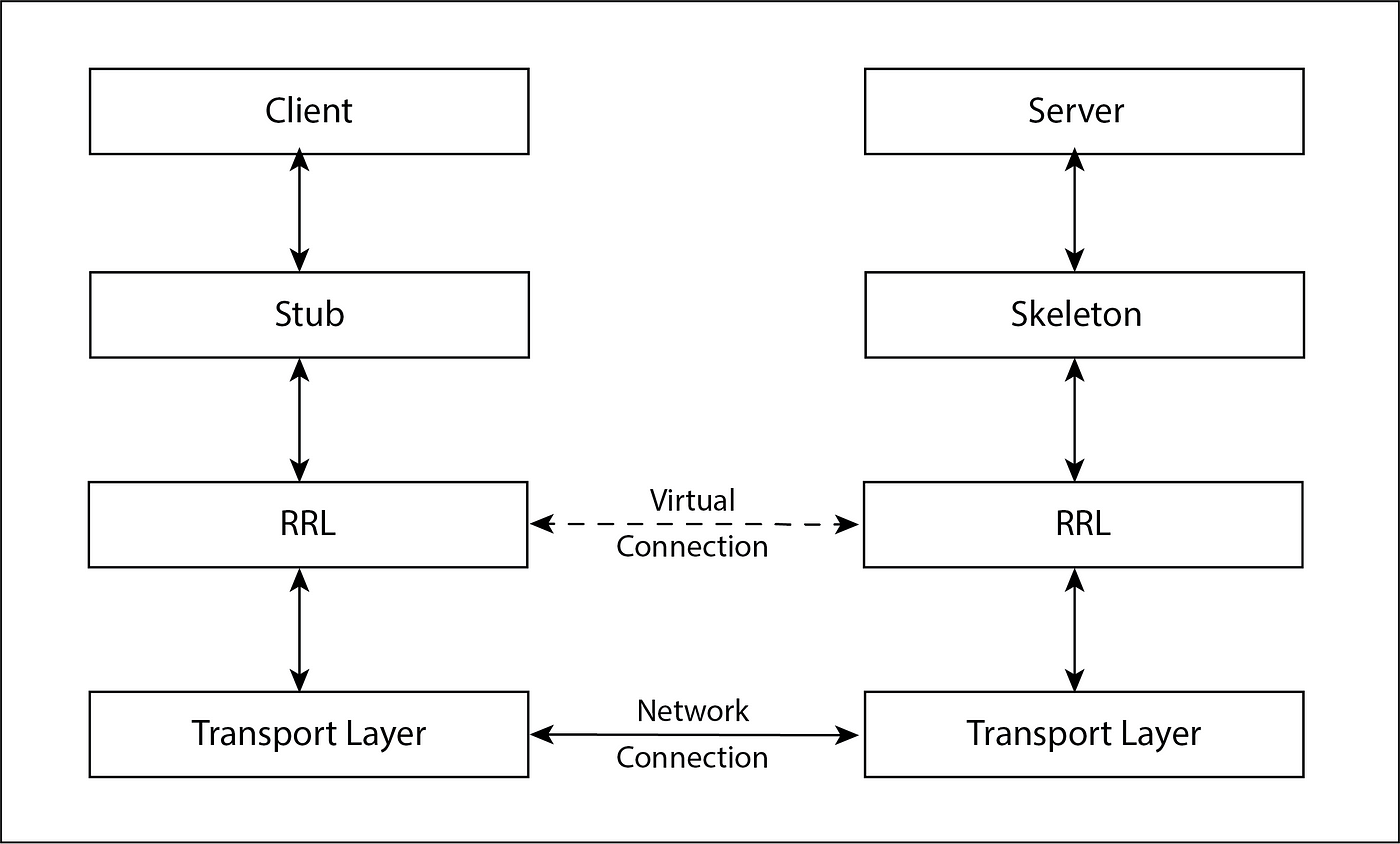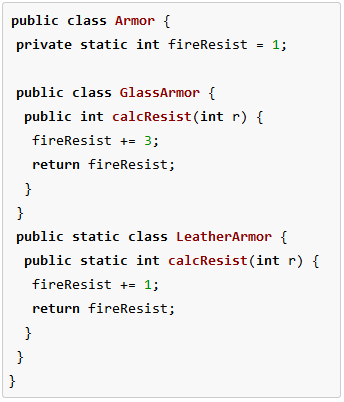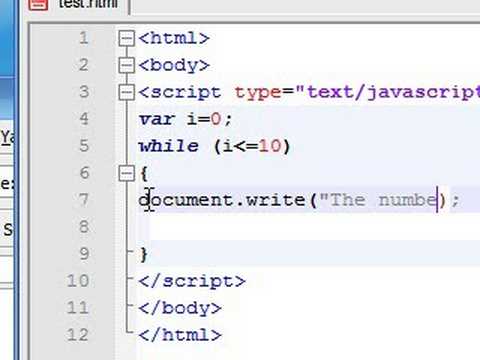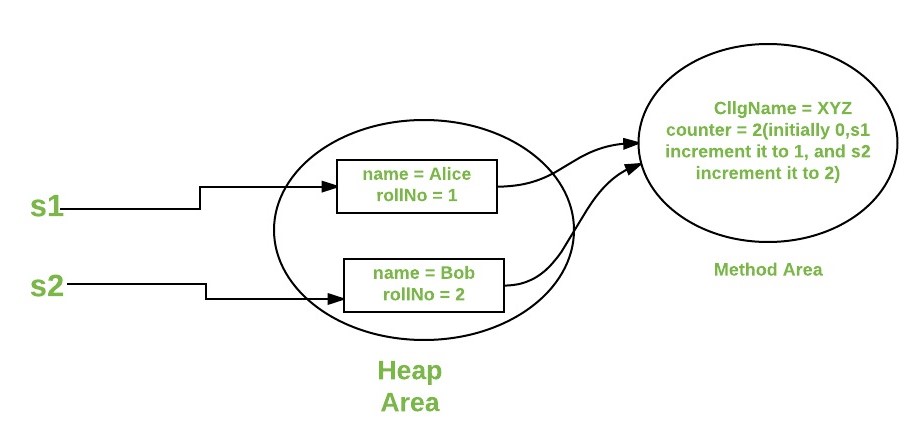How to represent JSON in Java?
How to represent JSON in Java?
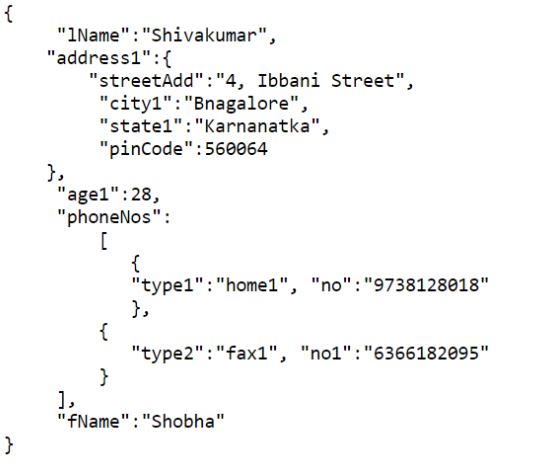
Representing JSON (JavaScript Object Notation) in Java can be done using various libraries and techniques. Here are a few ways to achieve this:
Jackson Library: Jackson is one of the most popular JSON processing libraries for Java. You can use itsObjectMapper class to convert a Java object into a JSON string or vice versa.
Example:
import com.fasterxml.jackson.databind.ObjectMapper;
import com.fasterxml.jackson.databind.SerializationFeature;
public static void main(String[] args) throws JsonProcessingException {
ObjectMapper mapper = new ObjectMapper();
mapper.enable(SerializationFeature.INDENT_OUTPUT);
// Create a Java object
MyObject obj = new MyObject("John", 30);
// Convert the Java object to JSON string
String jsonStr = mapper.writeValueAsString(obj);
System.out.println(jsonStr);
}
In this example, we are converting a MyObject instance into a JSON string using ObjectMapper.
Example:
import com.google.gson.Gson;
import com.google.gson.GsonBuilder;
public static void main(String[] args) {
// Create a Java object
MyObject obj = new MyObject("John", 30);
// Convert the Java object to JSON string using Gson
Gson gson = new Gson();
String jsonStr = gson.toJson(obj);
System.out.println(jsonStr);
}
In this example, we are converting a MyObject instance into a JSON string using Gson.
Example:
import javax.json.*;
import java.io.StringWriter;
import java.io.Writer;
public static void main(String[] args) {
// Create a Java object
MyObject obj = new MyObject("John", 30);
// Convert the Java object to JSON string using JSR-353
StringWriter writer = new StringWriter();
JsonGenerator generator = Json.createGenerator(writer);
generator.writeObject(obj);
String jsonStr = writer.toString();
System.out.println(jsonStr);
}
In this example, we are converting a MyObject instance into a JSON string using the official Java API for JSON processing.
Example:
public class MyObject {
private String name;
private int age;
// getters and setters
}
public static void main(String[] args) {
// Create a Java object
MyObject obj = new MyObject("John", 30);
// Manual JSON serialization
StringBuilder jsonStr = new StringBuilder();
jsonStr.append("{");
jsonStr.append(""name":"" + obj.getName() + "",");
jsonStr.append(""age":" + obj.getAge());
jsonStr.append("}");
System.out.println(jsonStr.toString());
}
In this example, we are manually constructing the JSON string for a MyObject instance.
How to JSON object in Java?
I'd be happy to explain how to create a JSON object in Java.
JSON (JavaScript Object Notation) is a lightweight data interchange format that is easy for humans to read and write. It's a popular choice for exchanging data between web servers, web applications, and mobile apps.
In Java, there are several ways to work with JSON objects. One popular library for handling JSON data in Java is Jackson. Here's an example of how you can use it:
First, you need to add the Jackson library to your project. You can do this by adding the following dependency to your Maven or Gradle build file:
Maven:
com.fasterxml.jackson.core
jackson-databind
2.12.3
Gradle:
dependencies {
implementation 'com.fasterxml.jackson.core:jackson-databind:2.12.3'
}
Now, let's say you want to create a JSON object that represents a simple user with the following properties: id, name, and email. Here's how you can do it:
import com.fasterxml.jackson.databind.JsonNode;
import com.fasterxml.jackson.databind.ObjectMapper;
public class User {
private int id;
private String name;
private String email;
public User(int id, String name, String email) {
this.id = id;
this.name = name;
this.email = email;
}
// Getters and setters...
}
public class Main {
public static void main(String[] args) throws Exception {
ObjectMapper mapper = new ObjectMapper();
User user = new User(1, "John Doe", "[email protected]");
String jsonString = mapper.writeValueAsString(user);
System.out.println(jsonString);
}
}
When you run the Main class, it will print out a JSON string that looks something like this:
{"id":1,"name":"John Doe","email":"[email protected]"}
Now, let's say you have a JSON string and you want to parse it into a Java object. You can use the ObjectMapper class to do this:
public class Main {
public static void main(String[] args) throws Exception {
String jsonString = "{"id":1,"name":"John Doe","email":"[email protected]"}";
ObjectMapper mapper = new ObjectMapper();
User user = mapper.readValue(jsonString, User.class);
System.out.println("Id: " + user.getId());
System.out.println("Name: " + user.getName());
System.out.println("Email: " + user.getEmail());
}
}
When you run the Main class, it will print out the values of the User object that was parsed from the JSON string.
These are just a few examples of how you can work with JSON objects in Java using the Jackson library. There are many other features and capabilities available in Jackson, such as support for arrays, lists, maps, and more.
